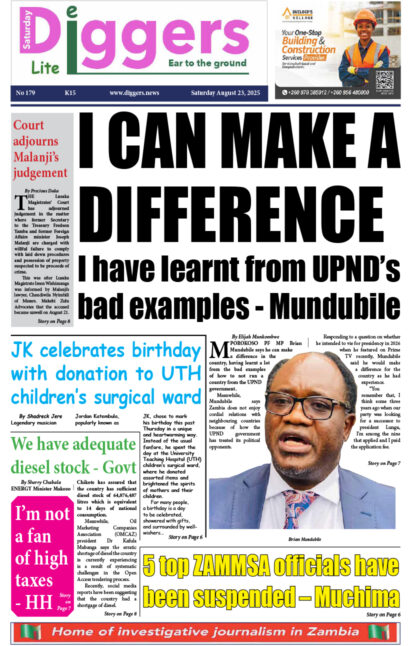No one in Zambia can escape the realities of climate change today. With all-time lowest water levels in the Kariba Dam, the power utility, Zesco, has even given up releasing load management schedules – you simply see power when you see it and it can last anywhere between five seconds to three hours, if you’re lucky. But as we grapple with these challenges, we must also recognise a critical component we’re missing; the impact of climate change on maternal and child health. The Institute of Economic and Social Research (INESOR) at the University of Zambia, through its Building Resilience to Floods and Heat in the Maternal and Child Health System (REACH) Project, is seeking to address the urgent challenges climate...
























